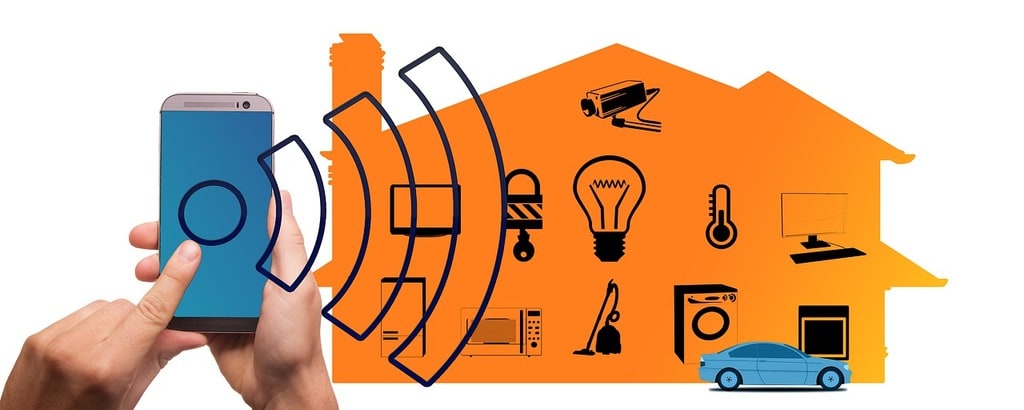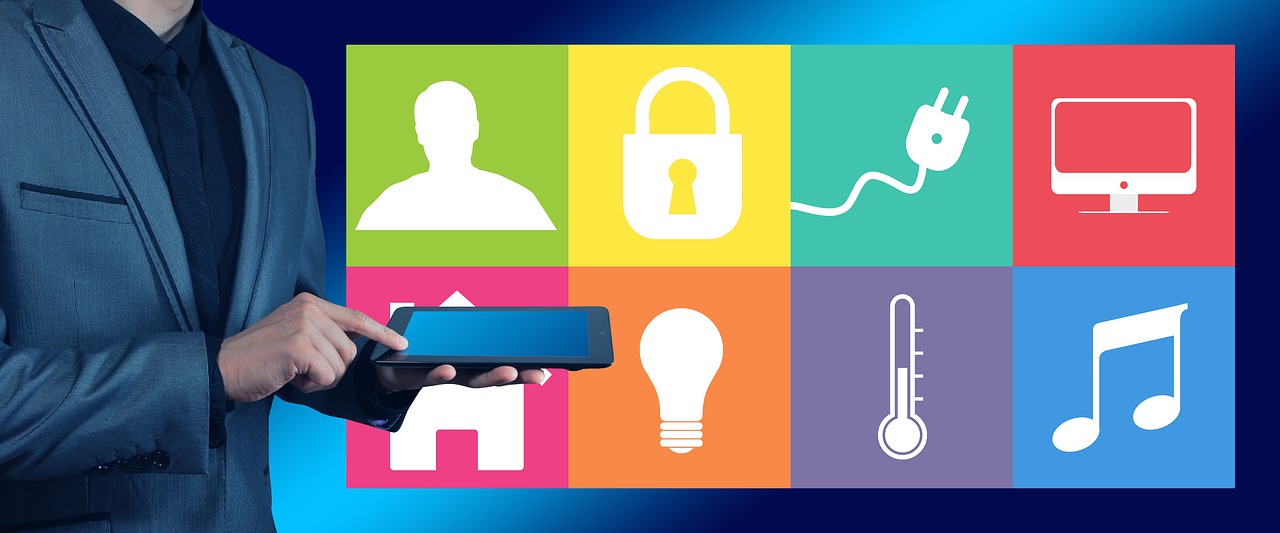
Smart home technologies you need to know
Smart home technology has revolutionized the way people interact with their living environments, offering increased convenience, safety, and energy efficiency. From voice-activated devices that manage your home’s functions to automated systems that adapt to your lifestyle, the landscape of home automation is both vast and dynamic. This article explores the essential technologies that are shaping modern homes, providing insights into how they function and why they might be beneficial additions to your household.
Key Smart Home Technologies to Explore
Among the myriad of smart home gadgets and systems available, certain technologies stand out for their innovative features and significant benefits. Here are a few key areas where smart technology can transform a regular home into a smart home:
Intelligent Home Assistants
The cornerstone of many smart homes is the intelligent home assistant. Devices like Amazon Echo, Google Home, and Apple HomePod have become increasingly popular. These assistants use voice recognition technology to perform a variety of tasks, such as playing music, setting reminders, controlling smart lights, and even ordering groceries online. The ability to integrate with other smart home devices makes these assistants incredibly powerful, enabling users to manage their homes through single or combined voice commands.
Automated Lighting Systems
Lighting systems that can be controlled remotely or set on timers have not only added convenience but also help in reducing energy consumption. Systems like Philips Hue and LIFX offer customizable color and brightness settings, which can be adjusted from an app on a smartphone or through voice commands. These systems can adapt the lighting based on the time of day or the activity taking place, enhancing both the functionality and ambiance of a home.

Smart Security Solutions
Security is a paramount concern for homeowners, and smart technology offers advanced tools to enhance home security. Options include smart locks, wireless cameras, and motion sensors that notify homeowners of any unusual activity in real-time through their smartphones. For example, brands like Ring and Nest provide doorbell cameras that allow homeowners to see and communicate with visitors remotely, adding a layer of security and convenience.
Benefits of Integrating Smart Technologies in Your Home
Incorporating smart technologies into a home setup brings several advantages:
- Energy Efficiency: smart thermostats like Nest or Ecobee adjust the temperature based on your daily schedule and weather conditions, potentially reducing heating and cooling costs.
- Enhanced Security: real-time alerts and remote access to security cameras provide peace of mind when you are away from home.
- Convenience: voice commands and remote controls minimize the need for physical interaction with devices, making everyday tasks simpler.
Cost Savings and Environmental Impact
A significant benefit of smart homes is their potential to save on utility costs and reduce environmental impact. Smart thermostats and lighting systems optimize energy use, which not only lowers expenses but also contributes to a smaller carbon footprint. Energy-efficient appliances can be programmed to run at times when electricity rates are lower, further enhancing savings and energy usage.
Choosing the Right Smart Home Technology
Selecting the right smart home technology requires understanding the specific needs and preferences of the household. Here are several considerations to keep in mind:
- Compatibility: ensure that new devices are compatible with existing systems and appliances in your home.
- Scalability: choose technologies that can be easily expanded or upgraded as new advancements emerge.
- User-friendliness: opt for devices that offer straightforward installation and management.
Future Trends in Smart Home Tech
Looking ahead, the future of smart home technology promises even more integration and intuitive control. Innovations such as AI-driven devices that learn from your habits and preferences to improve functionality are on the horizon. As these technologies evolve, they are expected to become even more seamless and indispensable to everyday living.
Investing in smart home technology not only enhances the functionality of a home but also adds value in terms of security, efficiency, and overall quality of life. With the rapid pace of technological advancements, the potential for new and improved smart home applications is virtually limitless.